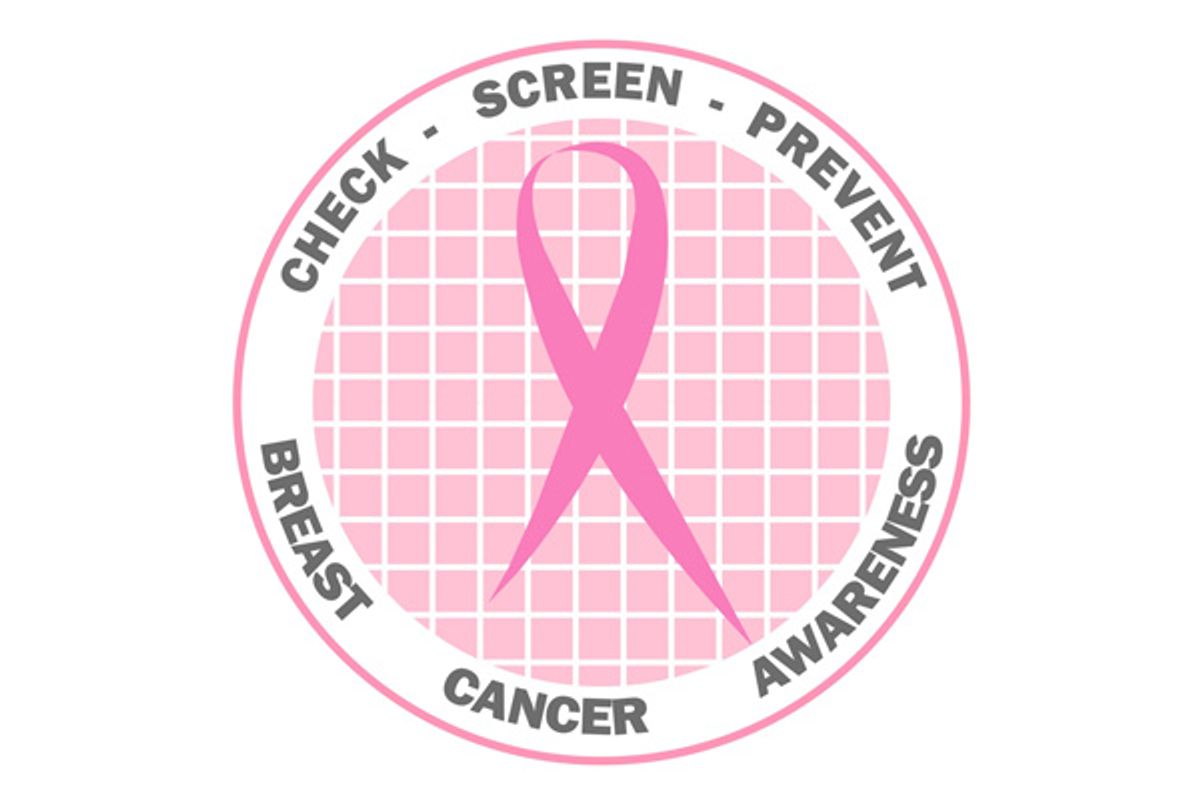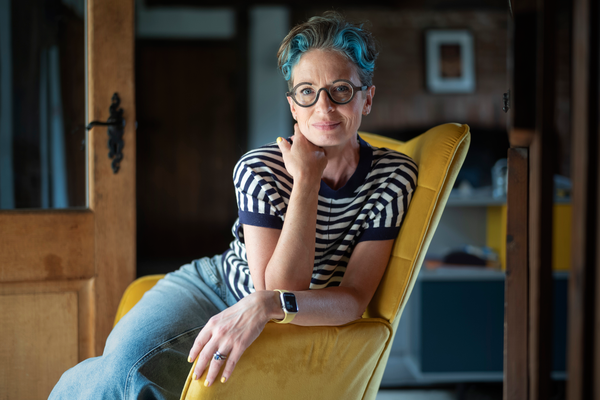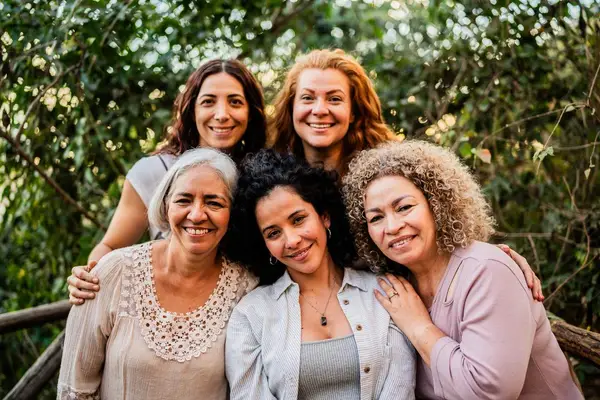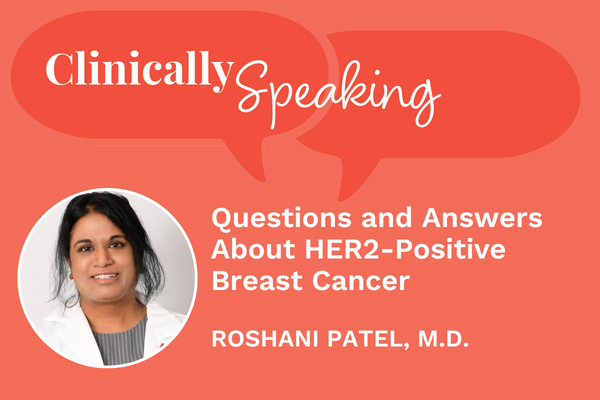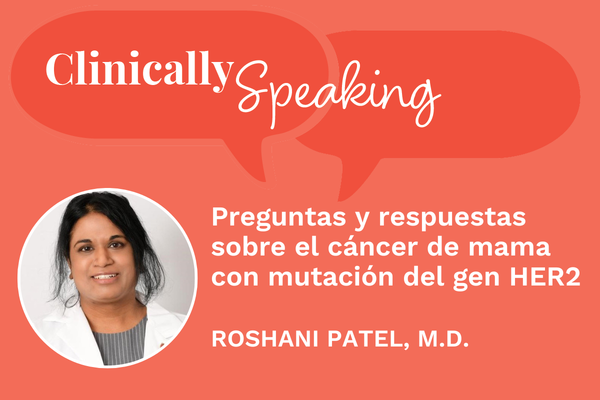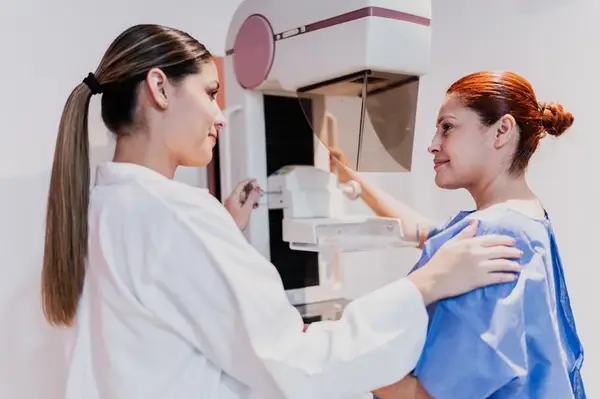The good news is that cases of breast cancer in the United States, which had been increasing for more than two decades, began dropping around the turn of the century and have continued to do so. It's thought that the main reason for this decrease is the decline in the use of hormone therapy after menopause.
But here's some potentially bad news: Breast cancer cases in the United States could rise by as much as 50 percent by 2030, according to some new government predictions. The researchers predict that by around 2030, 441,000 women will be diagnosed with the disease (this is alarmingly greater than the 283,000 diagnosed in 2011).
That's confusing. How, after a steady decrease, is that possible?
It's due to the growth of an aging population, researchers say. They also say the specific type of breast cancer that will increase is a type of tumor known as ER- positive, meaning that the tumors rely on estrogen to fuel their growth. About 70 percent of women with breast cancer have this type.
But the potential silver lining in this is that the rate of ER-negative breast cancer, usually the type that's tougher to treat, is expected to drop in the coming years.
There's also breaking news that's good for women who have already been diagnosed with breast cancer: Removing your ovaries can reduce your risk of cancer death by 56 percent. And the protective effect of ovary removal—the most recent surgery performed on actress and director Angelina Jolie to reduce her cancer risk—is particularly strong in women with ER-negative breast cancer after age 50.
It's important to remember that breast cancer is not one single disease, but rather consists of different subtypes. Within those subtypes, responses to treatment, survival rates and incidence vary with age, race, ethnicity and a host of other factors.
And although researchers scramble for a cure, spending billions each year and constantly finding new and improved treatments, cancer is still very much a part of our world. So it's not surprising that the information is always changing and evolving.
What's clear is that with this new set of statistics comes the opportunity, once again, to be reminded that we must do everything in our power to be proactive about our health and with breast cancer prevention, especially those of us in the baby boomer demographic—those women whom this study was looking at.
Even if you are at high risk for breast cancer, everyday lifestyle changes have been shown to reduce your risk. Of course, some risk factors can't be changed—like your age, race or if you were treated as a child or young adult with radiation therapy to the chest. But others definitely can.
- Don't smoke.
- Limit all alcohol consumption. Drink no more than one drink per day.
- Control your weight. Especially troublesome is weight gain after menopause.
- Be physically active. As little as 1 1/4 to 2 1/2 hours per week of brisk walking can reduce your risk by 18 percent.
- Limit the dose and duration of hormone therapy. Also try managing your symptoms with non-hormonal therapy.
- Eat a healthy diet. Get plenty of fruits, vegetables, poultry, fish or other proteins low in saturated fats.
- Be vigilant about screening and detection. Don't ignore any changes you notice in your breasts, like a new lump or changes in the skin.
You may also want to read:
Breast Cancer Health Topic
How to Help a Friend or Family Member Who Is Battling Breast Cancer
U.S. Breast Cancer Cases Could Rise 50 Percent by 2030

